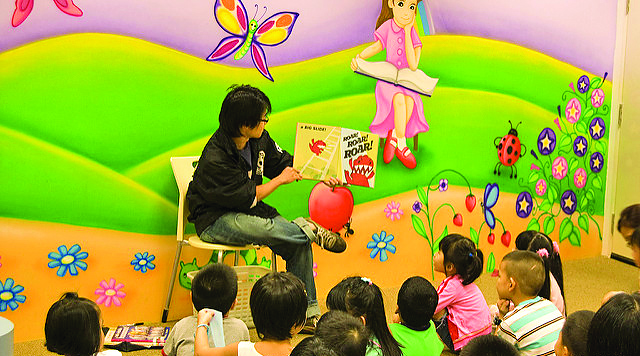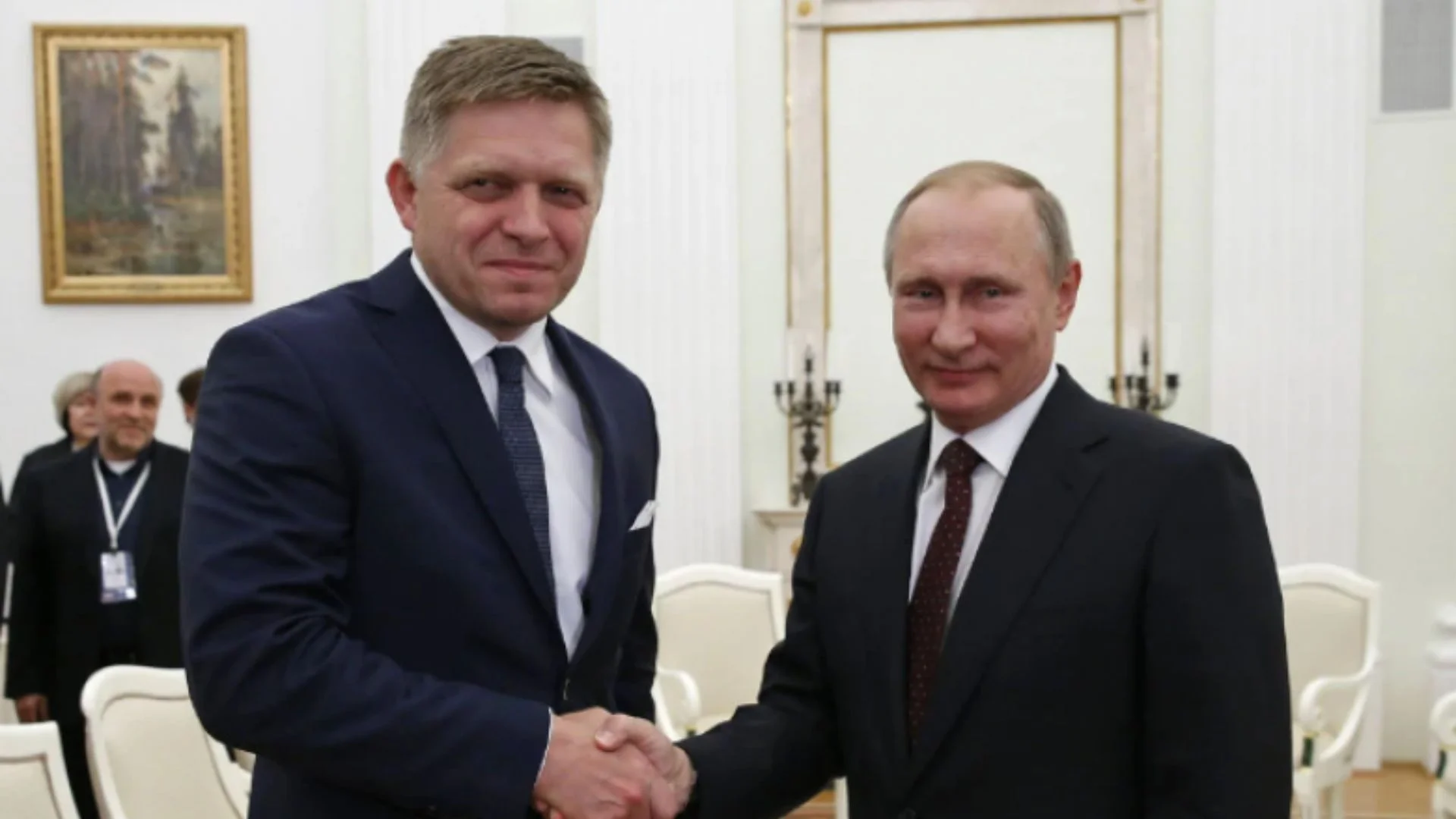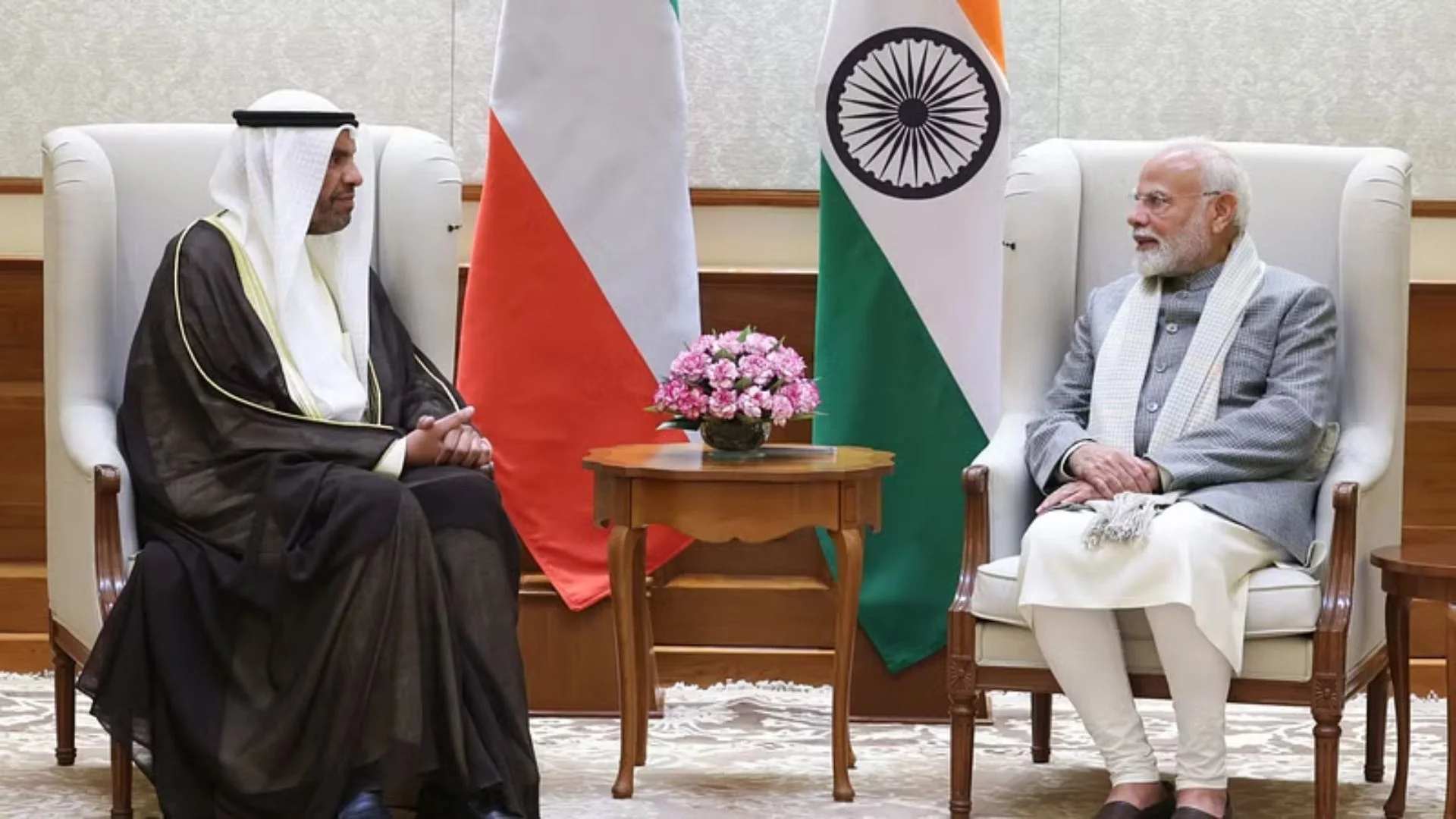The Indian education system has been going through a significant change lately. With more emphasis on the overall development and nurturing interest in learning, the old style of ‘memorising’ by heart has become outdated. This ongoing change can be seen particularly in play schools where the traditional technique is evolving to adopt a wider range of learning tools.
Play – Powered by Science
This change can’t be regarded as a passing phase; it has a scientific backing. It is true that play is a basic human need, essential for cognitive development in children. As per the study conducted by the National Scientific Council on the Developing Child at Harvard University, it has been found that play helps in the growth of all the vital aspects of a child’s education. It strengthens the cognitive function, emotional well-being and social skills in children.
Learning Through Play – A Transition
Indian play schools are adopting the concept of learning through play, by including various learning tools in their curriculum. Some of the trending activities are:
STEM Activities: STEM
(science, technology, engineering, and maths) education is earning attention in play schools, and they are also adding an “A” which stands for Arts, making it STEAM education. This method includes interactive tools and games to make children understand the concepts in a fun and involving manner. Activities may include building block towers to make them learn about structures, or finger painting to explore colours.
Sensory Play: This methodology makes children familiar with senses – touch, sight, smell, taste, and hearing. For this purpose, playschools might include sandboxes for tactile exploration, water play spaces for auditory and visual stimulation, and play kitchens to give encouragement to a child’s creativity through imaginative role-playing.
Dramatic Play: Playing a role in a drama, dressing up, or doing a puppet show, all these are forms of dramatic play. These innovative activities enhance creativity, communication skills, and social interaction in children. All these qualities are essential for a proficient education.
Functional Play: Also known as manipulative play, these plays involve hands-on learning tools like blocks, puzzles, and building sets. The method enhances children’s problem-solving skills and spatial reasoning.
The Benefits of Modern Learning Tools
Modern learning tools offer numerous benefits, including:
Enhanced Learning: Play-based learning encourages curiosity and exploration in children, helping them retain information better through active engagement and fun.
Holistic Development: These modern tools focus on various developmental areas – cognitive, social, emotional, and physical.
Individualised Learning: Play allows children to learn at their own pace, catering to different learning styles.
Lifelong Skills: The skills developed through play, like creativity, problem-solving, and collaboration, are crucial for success in all aspects of life.
Modern Play School Education Trends: A Balancing Act
Modern Indian education is undergoing a revolution, offering exciting possibilities through technology and personalised learning approaches. With the ongoing progress, the future of Indian play schools seems to be bright. By incorporating engaging learning tools and developing a love for exploration, play schools are all set to prepare children for a future brimming with possibilities.
The author is the Founder & CEO of Bachpan Play School







